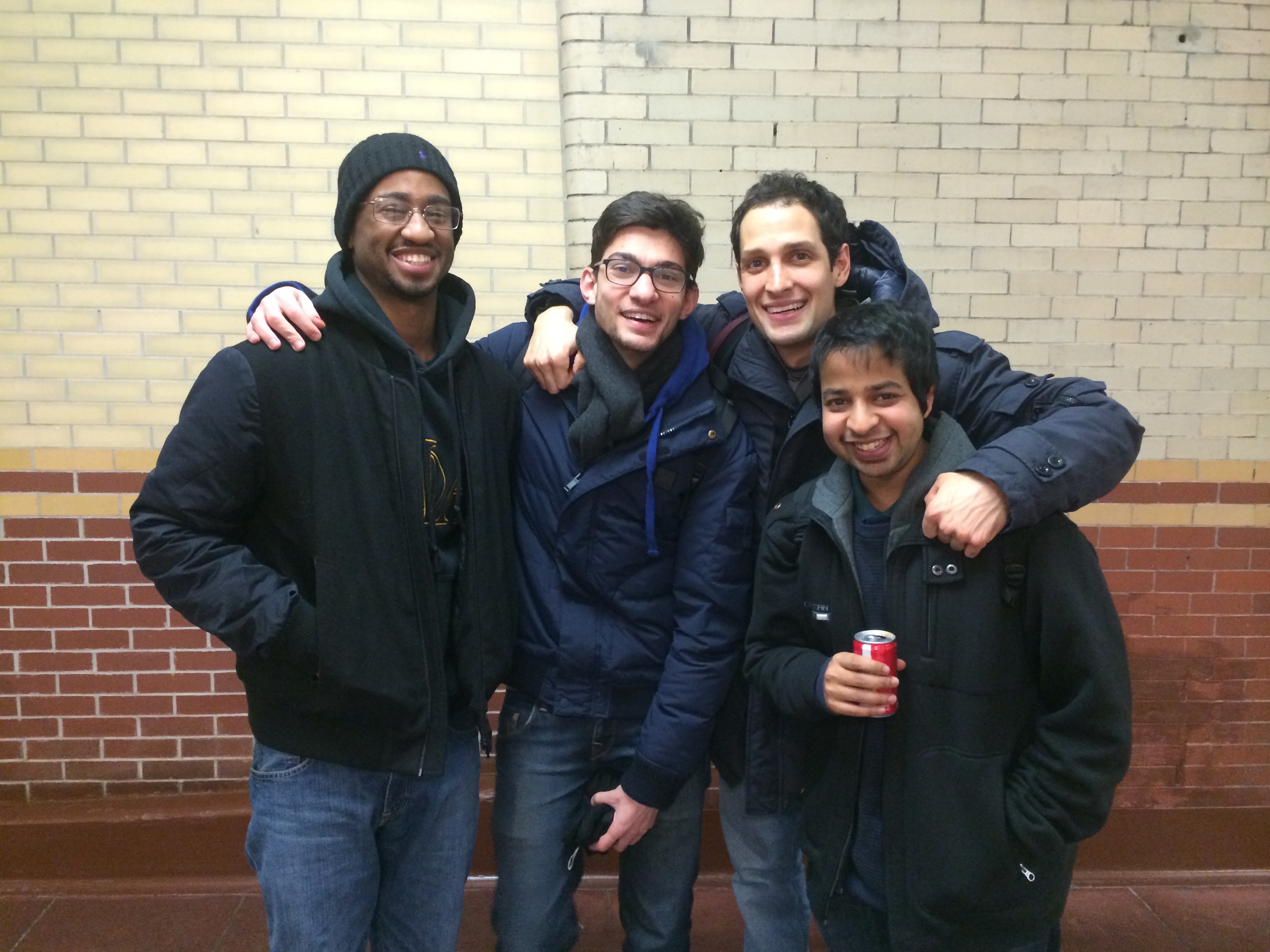DeVynne Farquharson (M.S. ’14)
Hometown: Clairton, Pennsylvania, USA
EST&P Concentration: Engineering & Public Policy
B.S. Mechanical Engineering, Carnegie Mellon University
Position and Company (as of April, 2019): Doctoral Student - Carnegie Mellon University
EST&P Concentration: Engineering & Public Policy
B.S. Mechanical Engineering, Carnegie Mellon University
Position and Company (as of April, 2019): Doctoral Student - Carnegie Mellon University
As an undergraduate student at Carnegie Mellon University, DeVynne was attracted to the interdisciplinary nature of the EST&P curriculum. Indeed, he wanted to pursue a Masters in order to understand the full breadth of the problems and potential solutions pertaining to the energy sector, not necessarily from a purely technical perspective. When he began the coursework for the EST&P program, he was surprised by the openness of the faculty, particularly Dr. Paulina Jaramillo and Dr. Costa Samaras. He found the willingness of these professors to discuss topics and to help their students outside of the classroom to be the most valuable part of his experience in the EST&P program. He also enjoyed learning from the other students in the department since each student had their own area of expertise that could be leveraged during group projects.
DeVynne’s favorite class was Energy Policy and Economics, taught by Dr. Jay Whitacre. That particular course taught him the ramifications of policy and economics when trying to implement new technology. DeVynne also took Sustainable Energy for the Developing World; this class involved a group project that required him to choose a developing country and analyze a particular industry within that country’s energy sector. His group chose the electricity industry in Thailand, and he learned a lot about what solutions could be applied in that geographic region. Although it can be difficult to balance school and work, DeVynne has also performed research under the supervision of Dr. Paulina Jaramillo in the Engineering and Public Policy (EPP) department. His research focused on natural gas and coal plants. By evaluating climate change metrics and applying them to some assumptive models, DeVynne was able to determine the impact of each climate metric and how it could apply to future policy.
After completing his Master’s degree, DeVynne has obtained a more grounded approach to his thought process surrounding the field of energy. For example, he had assumed that renewable resources would be the key to the world’s future energy portfolio, but actually he learned that not only are there are methods to ensure that fossil fuel resources are more environmentally friendly, but also political and economic issues can amount to barriers for renewable energy generation. His advice to future students is to consider doing project work on campus because it exposes you to topics outside of the classroom environment, introduces you to great minds and practical experience, and may even allow you to consider a career in R&D. In fact, DeVynne is currently pursuing his PhD in Engineering and Public Policy at CMU.

